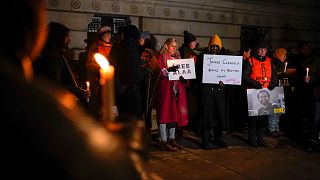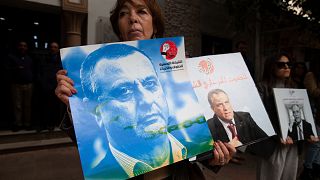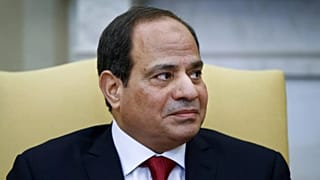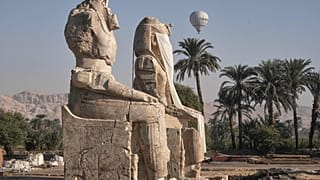Egypt
In the past few months, Egyptian authorities have arrested at least 29 people who created content for social media, accusing them of "indecency" and "undermining family values".
The charges are vague, the arrests are numerous: since July 2025, Egyptian authorities have cracked down on social media content published in the country, notably through arresting at least 29 people, among which a child, for videos they uploaded to social networks.
The NGO Human Rights Watch (HRW) has firmly denounced these arrests, calling the prosecutions "abusive".
HRW based its report on statements by Egypt's Interior Ministry and media and human rights reports. These sources detailed the arrest of 29 people, of which at least 19 women and a child, between late July and late August for content they published on social media. Authorities accused the creators of "undermining family and societal principles" with their "indecent videos" published on TikTok. Among the examples cited were videos of young women dancing, such as four belly dancers, which the morality police department deemed to "violate public morals".
The prosecution confirmed on 8 August that it had charged 10 of the content creators with these "vague" charges according to HRW and that it had frozen assets of the accused and banned them from travelling.
HRW has denounced the arrests as further attempts by the Egyptian government to limit free speech.
No more "Dior parties" content in Mali
Egyptian authorities are not the only ones on the African continent attempting to limit online content: in Mali, the governor of the district of Bamako outlawed on 8 September what is known locally as "soirées Dior" or "Dior parties". These exclusively feminine festivities are organised on the occasion of birthdays, weddings or other celebrations, and involve groups of women, clad in traditional, colourful clothing known as "Boubou Dior", coming together to eat and dance, which is filmed and then uploaded to social media such as TikTok.
The dances have also caused outrage among the authorities, being accused of "obscenity" and violating "customs and public morals of Mali".
In response, the parties have been banned by the governor of Bamako, and the Ministry of Justice has instructed prosecutors to be particularly severe with participants of the trend.
Despite the ban in Mali, "Dior parties" are getting ever more popular in West Africa, spreading notably in neighbouring Senegal and Guinea.













02:05
Singing contest in Rio prison offers creative outlet for women behind bars
Go to video
Uganda election violence: Bobi Wine ally arrested
01:00
Videos of Iran protests spread as internet returns
01:30
People around the world rally in support of protests in Iran
01:00
Video of bodies outside Tehran morgue raises alarm about Iran crackdown
02:34
Kenyan women's fight for their land rights after death of husbands